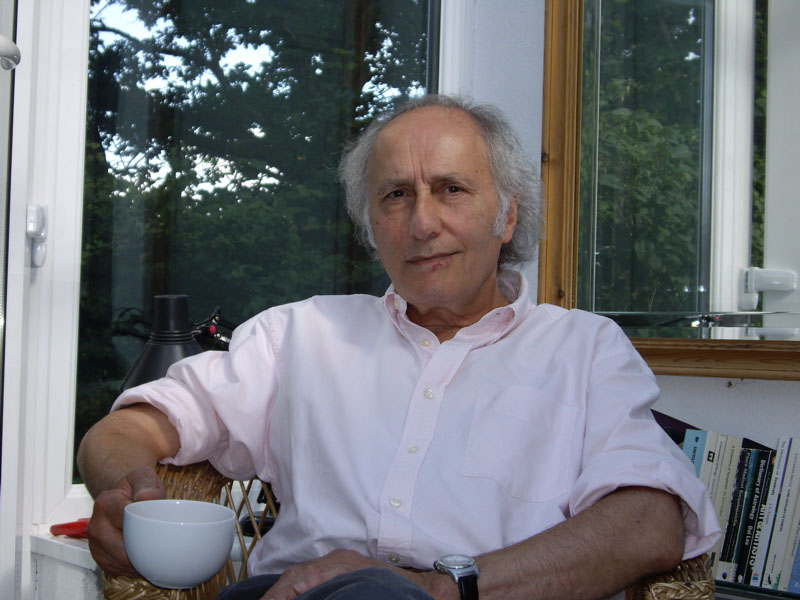
home LIFE NOVELS NON FICTION POETRY ARTICLES REVIEWS TRANSLATIONS CONTACTS

My Greek BackgroundFor anyone wondering how a Greek comes to be permanently domiciled in England and writing in English, the following paragraphs extracted from the autobiographical Introduction to my Selected Poems 1956-96 (Salzburg 1996) may put things into context. ETA Replica Watches etareplica.sr biao.sr swissmade.srI was born in Athens at the start of 1940. This was some months before the Greeks repulsed Mussolini’s Italian troops, as the latter invaded the snowbound northern frontiers of the country. That brief period of Greek heroism and military success was then equally rapidly ended by Hitler’s far superior and better equipped invasion forces, and the long German Occupation began. My 30 year old mother Maria Casdagli must have felt terribly isolated, for her own family, including three brothers and friends, were either in Egypt or England: she herself had been born in Salford. Her Manchester background, together with that wealth accumulated before the turn of the 20th century, is explained by the family’s involvement (similar to that of other immigrant Greeks) with the Lancashire cotton trade. The family of my father Antonis Lykiardopoulos, then 37, hailed from the island of Chios, but had become part of the Athenian bourgeoisie. My father had a law degree and at that time worked in a bank; he seems, however, to have been more interested in motor bikes, cars and parties. They were a rather ill-matched couple: a sensitive, shy, hitherto rather sheltered woman, who’d never even attended school, having been taught instead by governesses; and a secretive, suave and outwardly charming rogue, with pretensions – generally thwarted – to being both intellectual and playboy. How did we all endure the many horrors of the Occupation? The dreadful winters when starved and frozen corpses were hauled off the street by the truckload? Finally and most perplexingly, how, at the Liberation, did we survive the confused and savage internecine fighting and reprisals in Athens – the beginning of a bitter four year civil war which by 1949 had all but torn apart what was left of that unfortunate country? I am perplexed to this day – by the lies told me during or about my childhood, by the dearth of honest information about those years, and also by the lack of answers to my later, occasionally awkward questions, although I never did ask enough of them. But mostly I am frustrated by the fact that my memory has (perhaps kindly) blotted out so many impressions of those first five years. By 1945 we had escaped to Egypt where some months were spent with relatives in Cairo. ‘Escape’ had been effected in a battered old RAF Dakota, my mother and myself huddled on the metal floor with other blanket-swathed refugees: such flight was necessary (I was later informed) because, either as sympathisers with the British, or as Royalist Greeks who had British ties, we would get our comeuppance from those evil Greek Communists intent on settling scores. Actually the truth, as ever, was far more complex than these simplistic polarities: it seems my father had been a small-time collaborator during the Occupation, and German officers were billeted in our house in Psychiko; God knows what else he had to hide. But he was always a fixer, and usually fell on his feet, for he was all too plausible: years afterwards, though, he would hint of heroic feats in the Resistance, a curious and unconvincing angle for someone whose views had always inclined towards fascism… Those wanting to know more about the larger historical background to the above, will find it in another Introduction - to my more recent poetry collection, Skeleton Keys (Redbeck 2003).
|